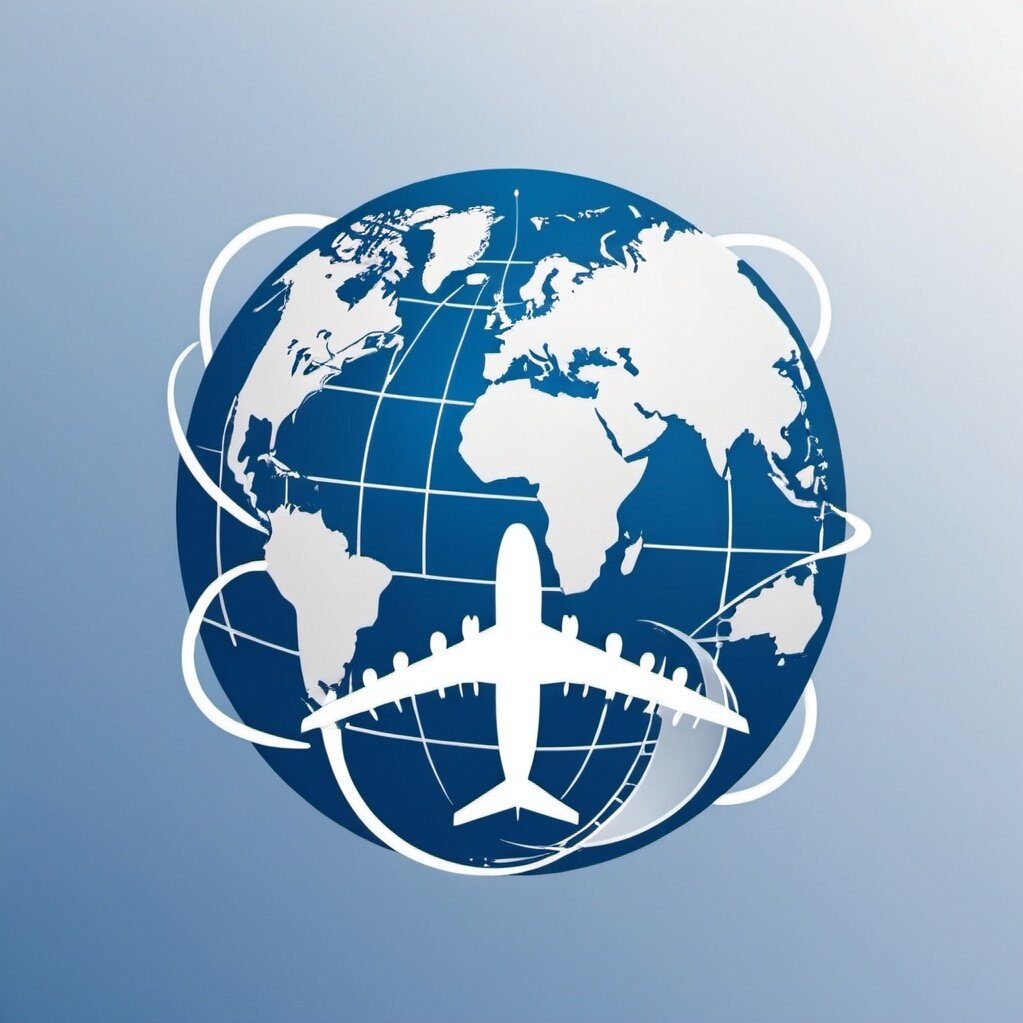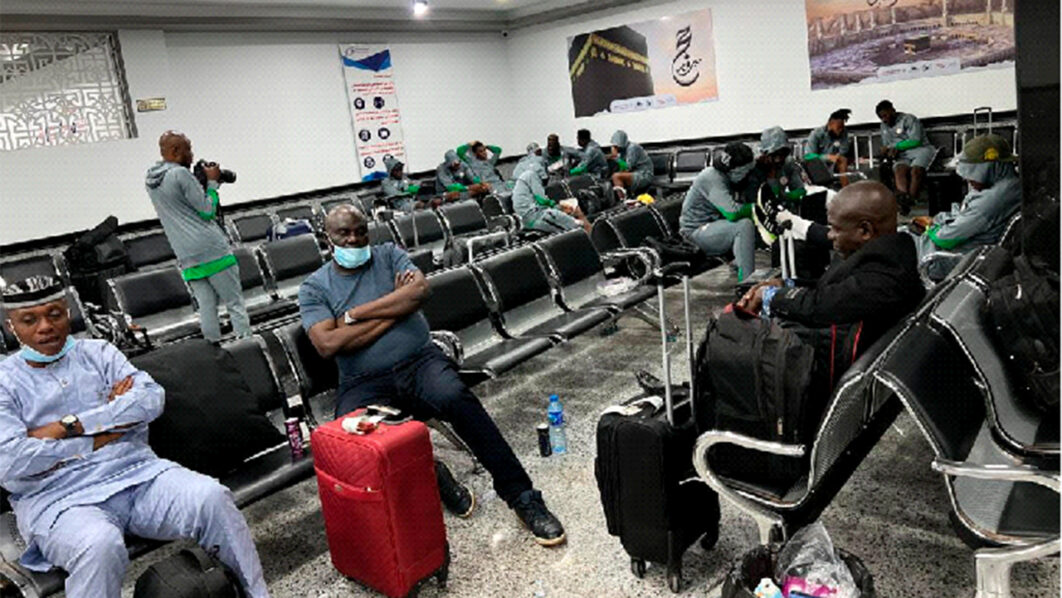
Travel is an integral aspect of sports, especially for national teams competing on the international stage. Yet, unexpected situations can turn a routine trip into a distressing experience. The recent ordeal faced by Nigeria’s senior men’s national football team at Al Abraq Airport in Libya serves as a striking example. Stranded for over 20 hours without food, water, or means of communication, the players and officials encountered significant challenges. This incident offers valuable lessons for athletes, coaches, and sports organizations on how to navigate international travel more effectively. Below are key takeaways that can help ensure smoother journeys in the future.
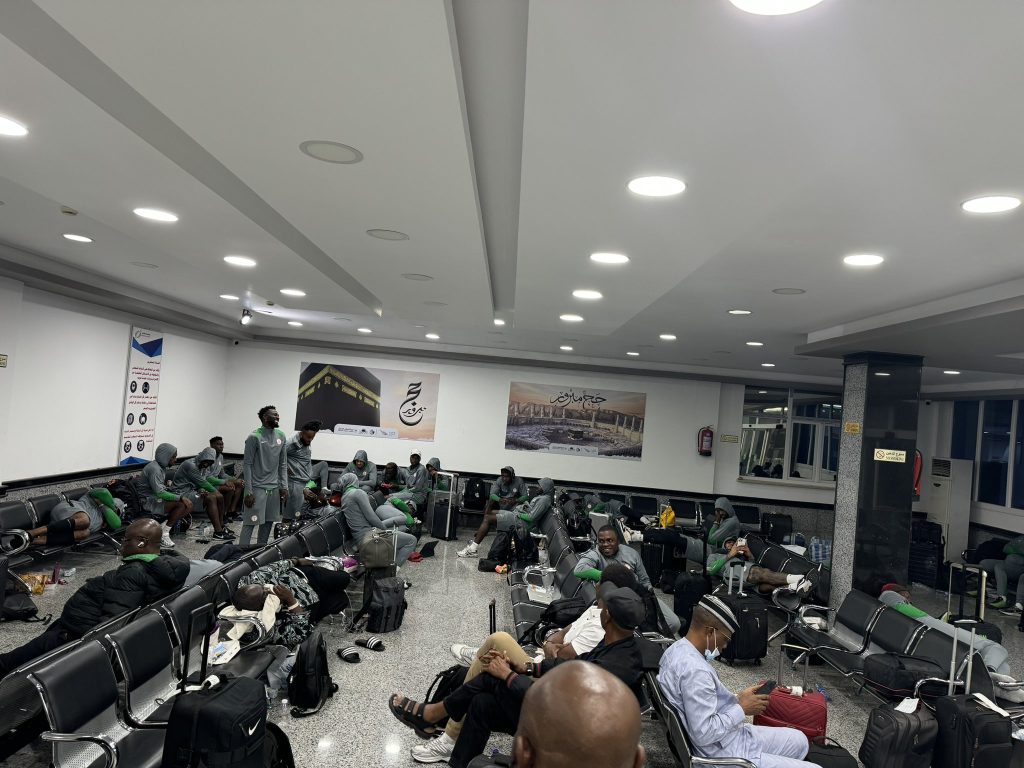
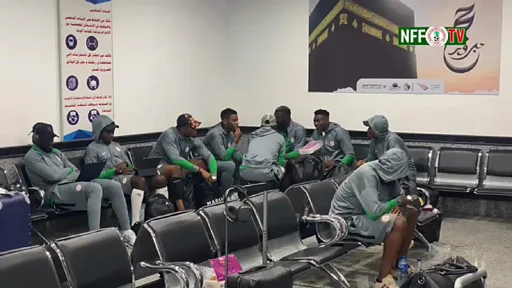
1. Importance of Effective Communication
One of the primary issues the Nigerian team encountered was a breakdown in communication. Upon their arrival in Libya, they faced bureaucratic delays that left them stranded, highlighting the necessity for clear and consistent communication between sports organizations and local authorities.
Establishing Clear Lines of Communication
Before embarking on international trips, it’s vital for teams to establish clear lines of communication with the host country’s sports authorities and local officials. Having a dedicated liaison can help address any issues that may arise upon arrival.
- Pre-Travel Arrangements: Engage with local authorities beforehand to understand regulations and any potential hurdles.
- Emergency Contact Information: Create a comprehensive list of emergency contacts, including embassy contacts, local authorities, and transportation services. This allows for quick resolution of issues that may arise.
Utilizing Technology
In our digital age, technology can facilitate communication significantly. Messaging apps like WhatsApp, Signal, or even traditional email can help keep team members connected and ensure everyone is on the same page.
- Real-Time Updates: Use technology to provide real-time updates on travel plans and any changes that occur, keeping everyone informed.
- Group Communication: Establish group chats to share important information and coordinate responses to any developments during travel.
2. Preparing for Unforeseen Circumstances
Despite meticulous planning, unforeseen circumstances can still arise. The Nigerian team’s diversion to Al Abraq Airport serves as a poignant reminder of this reality.
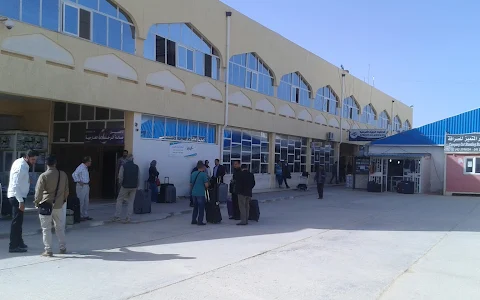
Developing Contingency Plans
Having a contingency plan can make a significant difference in stressful travel situations.
- Alternative Routes: Teams should always have backup travel options. This could involve understanding alternative flight routes or being aware of the nearest airports in case of emergencies.
- Accommodation Options: In the event of delays, having a list of nearby hotels or lodging options can prevent being stranded in an airport without essential amenities.
Financial Preparedness
Financial preparedness is crucial. Teams should allocate funds for unexpected expenses such as emergency accommodations or transportation costs. Being financially prepared can ease the strain of sudden changes.
- Contingency Fund: Set aside a specific budget for emergencies. This fund should be easily accessible during travel.
- Currency Preparation: Ensure that the team has the local currency and understands exchange rates, making it easier to manage unexpected expenses.
3. Prioritizing Athlete Welfare
The welfare of athletes must always be a priority, especially during stressful situations like travel delays. The Nigerian players faced significant challenges regarding food and hydration.
Ensuring Basic Needs Are Met
- Meal Planning: When traveling, it’s essential to plan meals in advance. Work with travel coordinators to ensure that food and water are readily available upon arrival.
- Hydration Stations: Hydration is crucial for athletes, particularly during long waits. Ensure that access to water and sports drinks is available at all times.
Mental Health Considerations
Travel can take a mental toll, especially when unexpected issues arise. Teams should consider mental health support, such as having sports psychologists available to help players cope with stress.
- Team Bonding Activities: Engage in light activities or team-building exercises while waiting. This can keep morale high and help players manage stress effectively.
- Mental Health Resources: Ensure that players have access to mental health resources, including hotlines or support services they can contact during travel.
4. Understanding Local Customs and Regulations
Cultural awareness is crucial when traveling to foreign countries. The Nigerian team’s experience underscores the importance of understanding local customs and regulations, which can significantly impact travel experiences.
Researching Local Laws and Protocols
- Visa Requirements: Ensure that all players and officials have the necessary visas and understand any entry requirements before traveling.
- Cultural Norms: Familiarize the team with local customs, such as dress codes or communication styles. This knowledge can help avoid misunderstandings with local authorities.
Engaging Local Experts
Working with local travel agencies or experts can provide valuable insights into navigating the cultural landscape. These experts can also assist with logistical arrangements to ensure smooth travel.
- Local Liaison: Consider hiring a local guide or liaison who understands the customs and can help navigate challenges upon arrival.
- Community Engagement: Engaging with local fan clubs or sports organizations can create a sense of camaraderie and support during travel.
5. Streamlining Travel Logistics
Logistics play a crucial role in the overall travel experience. The Nigerian team’s detour and subsequent challenges highlight the need for meticulous logistical planning.
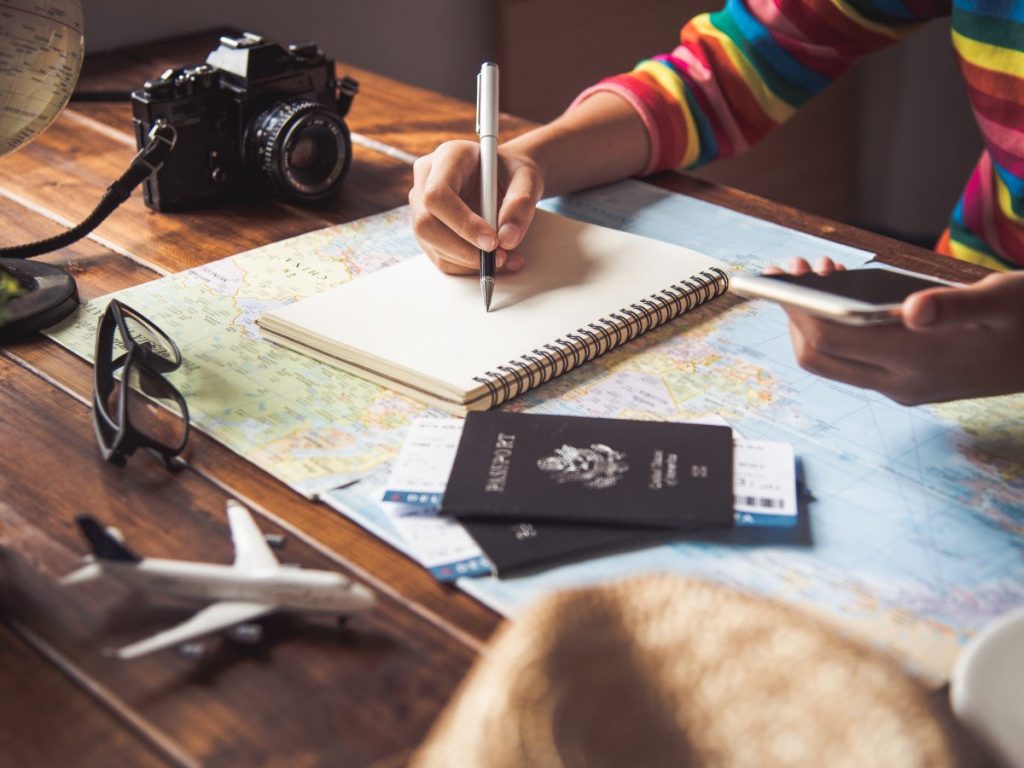
Coordinating Transportation
- Reliable Transport Providers: Teams should work with reputable transportation providers that understand the specific needs of athletes. Ensure that vehicles are comfortable and equipped for their requirements.
- Timely Transfers: Schedule transportation to minimize wait times. Having a detailed itinerary with precise timings can keep the team on track.
Accommodation Planning
- Choosing the Right Hotels: Select accommodations that cater to athletes, offering healthy meal options and fitness facilities. Proximity to training grounds is also essential.
- Checking Amenities: Before booking, check for amenities that meet athletes’ needs, such as laundry services, recovery facilities, and in-room comforts.
6. Building a Strong Support Network
A robust support network can be invaluable during international travel. The Nigerian team’s experience serves as a reminder of the importance of having a dedicated team both on and off the pitch.
Assembling a Travel Team
- Designating Roles: Assign specific roles to staff members, such as logistics coordinators, medical personnel, and team managers. This ensures that all aspects of the trip are covered.
- Emergency Response Team: Have a small group trained to handle emergencies. This allows for quicker resolutions to unforeseen situations.
Engaging with Local Communities
Building relationships with local communities can be beneficial. Engaging with local fan clubs or sports organizations can create a sense of camaraderie and support during travel.
- Community Outreach: Organize outreach programs or friendly matches with local teams to foster goodwill and strengthen ties with the community.
- Local Support Groups: Connect with local sports organizations that can provide assistance during the team’s stay.
7. Advocating for Athlete Rights
The treatment of athletes abroad is crucial, and their rights should be advocated for by sports organizations.
Establishing Athlete Advocacy Protocols
- Protocols for Assistance: Develop clear protocols outlining how to handle situations where athletes feel they are being treated unfairly. This could include access to legal aid or advocacy services.
- Awareness Campaigns: Raise awareness among athletes regarding their rights when traveling internationally, equipping them with knowledge and resources to address any issues that may arise.
Engaging Sports Federations
National and international sports federations must advocate for the welfare of athletes. This includes lobbying for better conditions and support systems in host countries.
- Policy Development: Work towards developing policies that prioritize athlete welfare, especially during international travel.
- Collective Bargaining: Engage in collective bargaining to ensure athletes’ rights and needs are respected by hosting nations.
8. Learning from Experience
Every travel experience, even challenging ones, offers valuable lessons. The Nigerian team’s ordeal at Al Abraq Airport serves as a case study for future trips.
Reflecting on Past Experiences
- Post-Trip Reviews: Conduct thorough debriefings after trips to discuss what went well and what could be improved. This allows teams to learn from their experiences and adapt future travel strategies.
- Documenting Best Practices: Create a comprehensive guide based on past travel experiences, documenting best practices and lessons learned for future reference.
Training for Future Travel
Incorporate travel preparation and crisis management into training programs. Equip players and staff with the skills needed to handle unexpected situations effectively.
- Simulation Exercises: Conduct training exercises that simulate travel challenges. This prepares the team to respond calmly and efficiently in real-life situations.
- Continuous Education: Offer workshops or seminars on travel protocols, cultural sensitivity, and crisis management as part of regular team training.
Conclusion: Towards Better Travel Experiences
The ordeal faced by the Nigerian national football team at Al Abraq Airport serves as a wake-up call for sports organizations regarding the complexities of international travel. By implementing the lessons learned—from effective communication and logistical planning to prioritizing athlete welfare and advocating for rights—teams can navigate the challenges of travel with greater ease and confidence.
As we move forward, the goal should be to create an environment where athletes can focus on their performance without the added stress of travel-related issues. By learning from the past and adapting to future challenges, we can ensure that every journey is as rewarding as the destination itself. The hope is that no team will have to endure a similar ordeal again, paving the way for a new standard in sports travel that prioritizes the well-being of athletes above all else. In the world of sports, where every match counts, it’s imperative that the journey to the field is smooth, respectful, and dignified. Let’s champion the rights and welfare of athletes, ensuring they are supported every step of the way. This commitment will not only enhance the travel experience but also elevate the standards of international sportsmanship and respect.
